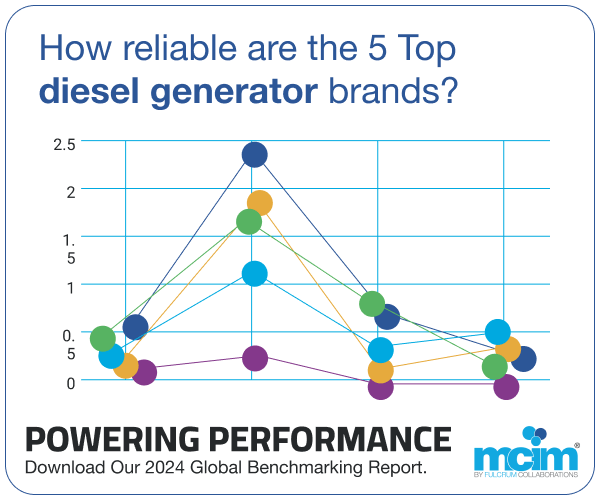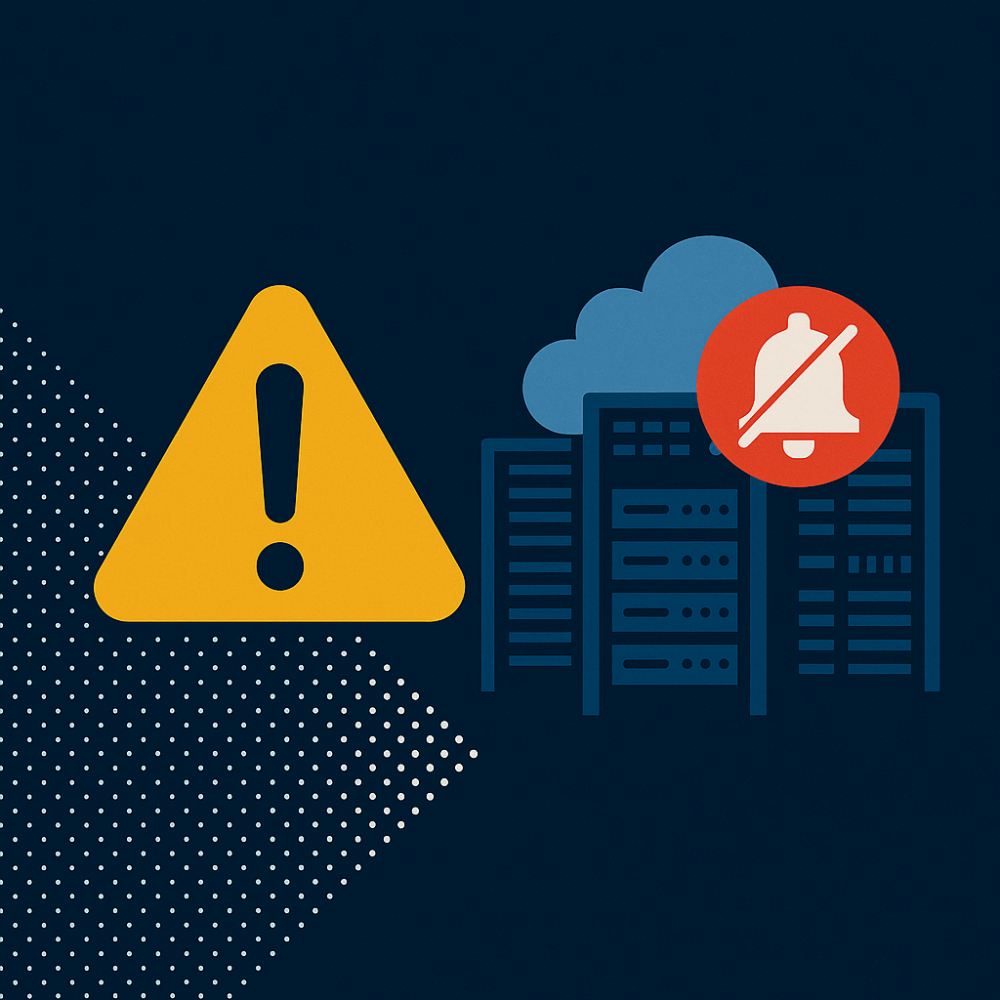Reliability Centered Maintenance (RCM) is a strategic approach that focuses on maintaining the reliability and operational efficiency of data center infrastructure. In the heart of this strategy lies benchmarking, measuring the performance of systems against industry best practices and standards. Integrating benchmarking into RCM strategies ensures that maintenance efforts are not just preventative, but also predictive and efficient.

The Essence of Reliability Centered Maintenance
RCM is a systematic process that identifies critical functions and potential failures to prioritize the most impactful maintenance activities. The primary goal is to ensure that data center assets perform their required functions under stated conditions for the desired lifespan. Encompassing various tasks from routine maintenance to complete overhauls, RCM aims to prevent or minimize the likelihood of failures.
Benchmarking as the Foundation of RCM
Benchmarking serves as the backbone of a robust RCM strategy. It provides a data-driven foundation for making informed decisions on where and when to allocate maintenance resources. Managers can identify performance gaps and establish realistic maintenance goals by comparing a data center’s metrics with those of its peers.
The Role of Benchmarking in RCM:
- Performance Measurement: Benchmarking quantifies critical performance indicators such as Mean Time Between Failures (MTBF) and Mean Time to Repair (MTTR). These metrics are invaluable for assessing the effectiveness of current RCM strategies and for setting targets for improvement.
- Cost Efficiency: Through benchmarking, data centers can evaluate the cost-effectiveness of their maintenance operations. It helps in identifying overinvestment in non-critical systems and underinvestment in critical areas, optimizing the use of resources.
- Customized Maintenance Schedules: By understanding how different systems and components perform relative to industry benchmarks, data centers can tailor their RCM schedules to address the most pressing maintenance needs, thereby avoiding unnecessary interventions and focusing on critical issues.

Challenges in RCM
The challenges in implementing an RCM strategy often revolve around having incomplete or inaccurate data. Industry benchmarking ensures that maintenance decisions are made based on clean, validated data, leading to more reliable and effective maintenance planning.
MCIM: Bridging the Gap in Benchmarking Data
MCIM’s Benchmarking Data is a solution designed to enhance RCM strategies. It offers a comprehensive data set that helps data center managers understand how their infrastructure performs relative to others. By providing insights into the operational reliability of assets, MCIM assists in formulating maintenance strategies that are proactive, predictive, and aligned with the best industry practices.
Benefits of Integrating Benchmarking with RCM
By incorporating benchmarking into RCM, data centers can achieve:
- Enhanced reliability and reduced downtime.
- A reduction in maintenance costs by avoiding over-maintenance.
- Improved safety and compliance with industry standards.
- An overall increase in operational efficiency and asset life expectancy.
The incorporation of benchmarking into RCM is not merely an option; it’s a necessity for data centers aiming for excellence. By embracing benchmarking, data center managers can ensure their RCM strategies are not only effective but also aligned with the best industry practices. For those looking to understand the transformative impact of benchmarking on RCM, MCIM offers a path forward. We encourage you to take the first step towards optimizing your maintenance strategies by scheduling a call with MCIM today.



